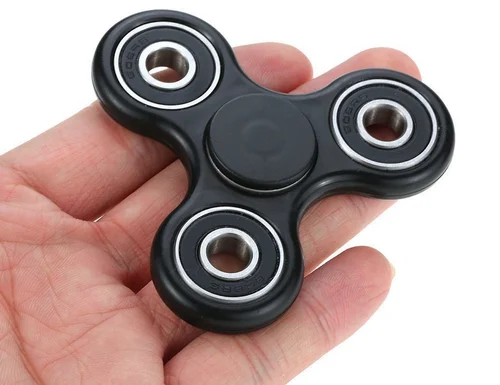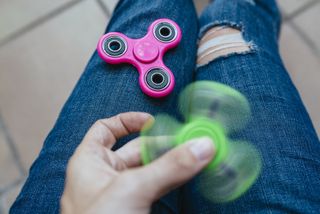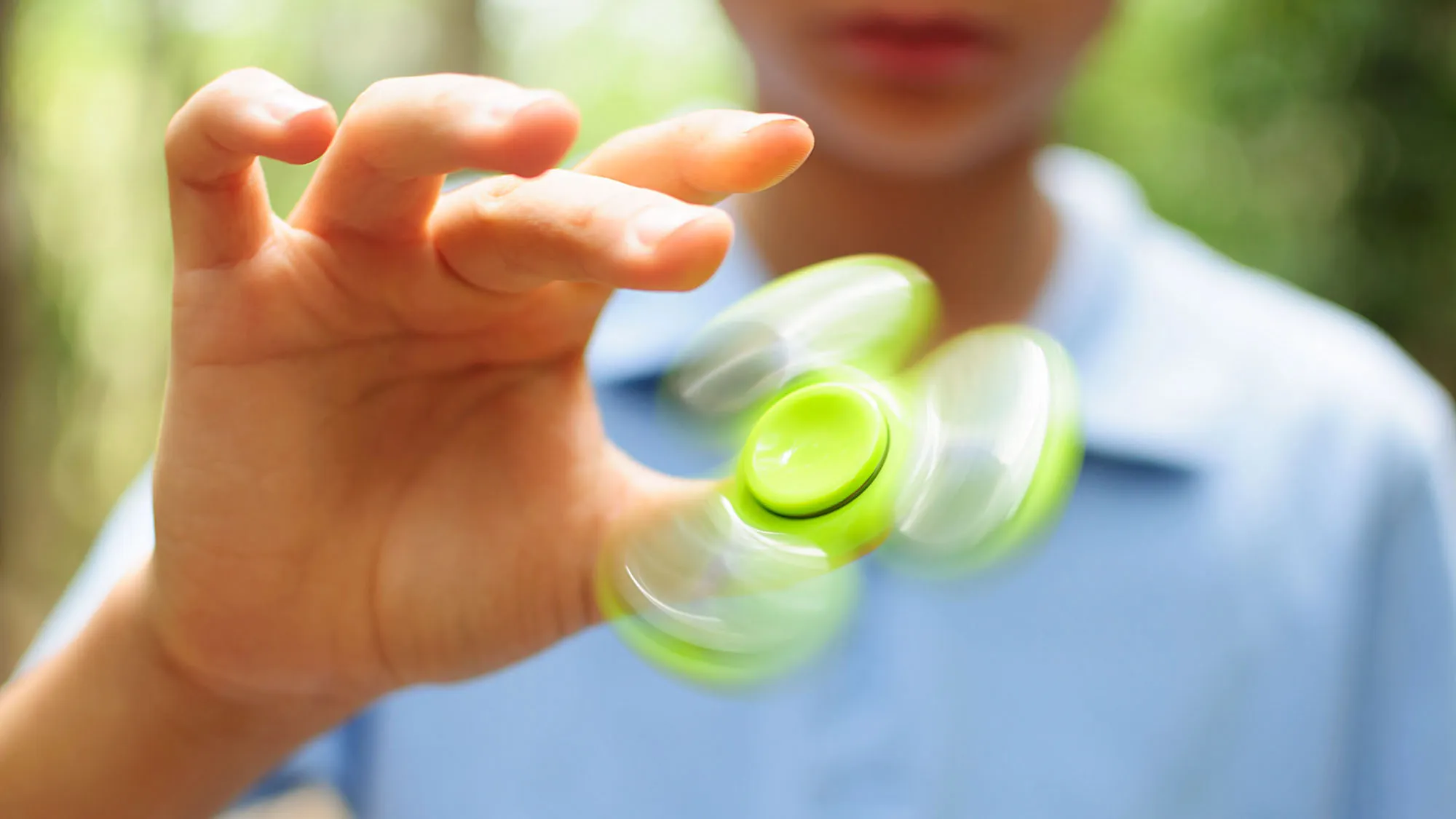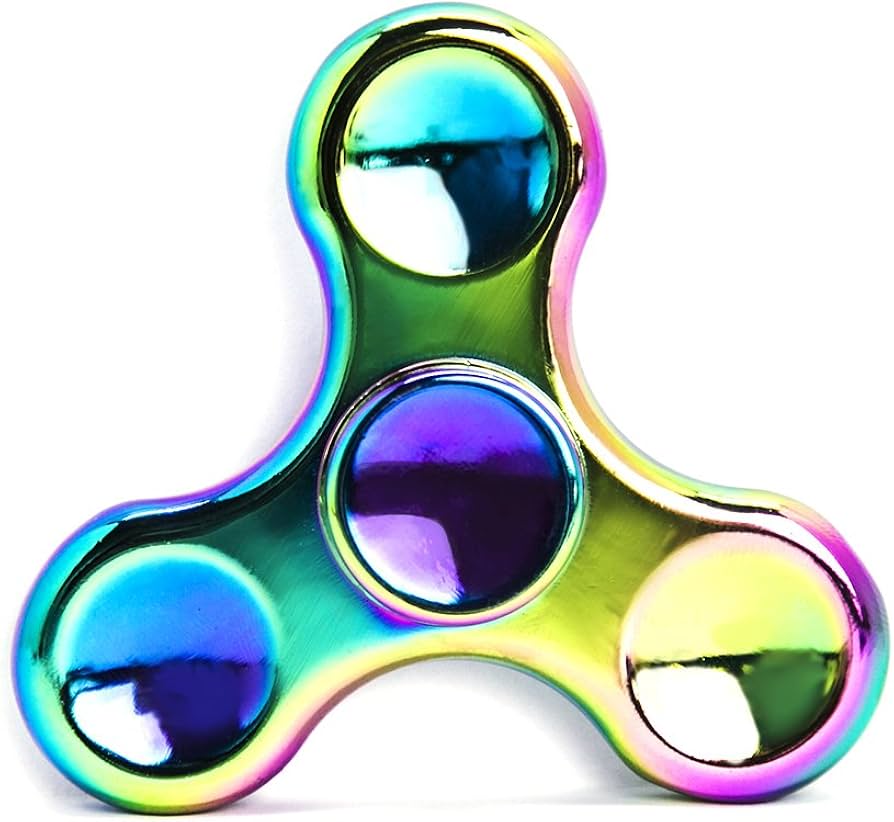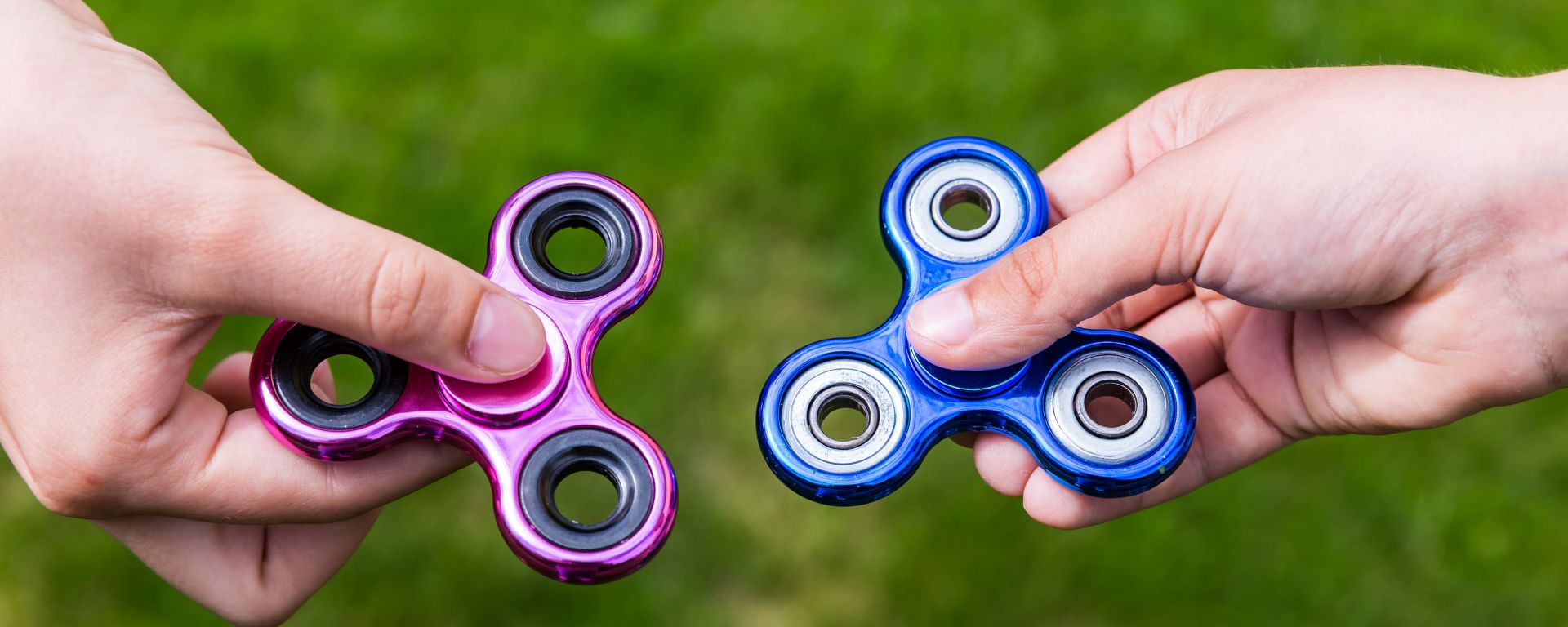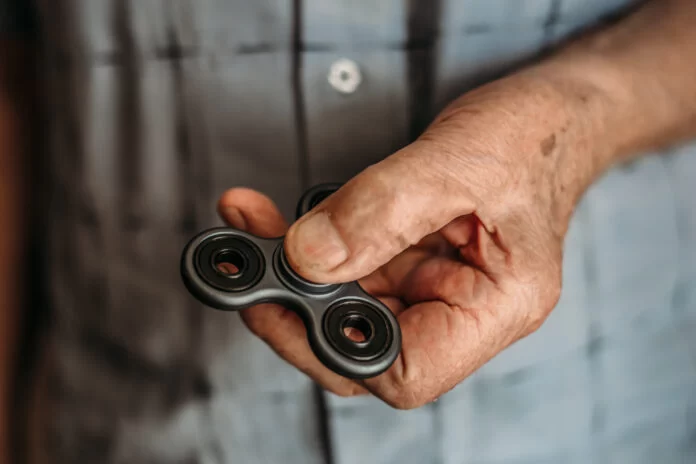The Rise and Popularity of Fidget Spinners
Fidget spinners burst onto the scene in 2017, becoming an instant sensation. These toys, consisting of a ball bearing at the center and a multi-lobed structure, were everywhere. But their popularity wasn't without controversy. Some schools banned them, claiming they were a distraction for students. However, for others, especially those with special needs like ADHD and autism, they were hailed as potentially beneficial.
The Inventors and Origins
Scott McCoskery is often credited as one of the inventors of the modern fidget spinner. He created a metal spinning device in 2014 to deal with his own fidgeting tendencies. But there have been various claims and confusion about the true inventors and patent status. Catherine Hettinger was wrongly attributed as the inventor by some media, but her design differed significantly from the current popular form.
Claimed Benefits and Scientific Research
There are claims that fidget spinners can help calm individuals with neuro-developmental or mental disorders such as ADHD, autism, and anxiety. But scientific research to support these claims is scarce. Some experts suggest that they may actually be more of a distraction than a benefit for those with ADHD. The lack of peer-reviewed studies makes it difficult to determine the true efficacy of these toys.
Spinner Safety and Usage
It's important to note the safety concerns associated with fidget spinners. The Consumer Product Safety Commission has issued guidelines warning about potential choking hazards, especially for young children. Despite their ups and downs in popularity and the ongoing debate about their benefits, fidget spinners have sparked conversations about attention spans and methods to help kids focus.
In conclusion, the purpose of a fidget spinner remains a subject of much discussion and research. While some believe they offer stress relief and potential benefits for certain conditions, the lack of solid scientific evidence makes it hard to draw definitive conclusions. Their popularity may have waned, but the questions they raised about attention, focus, and the role of toys in mental health continue to be relevant.
